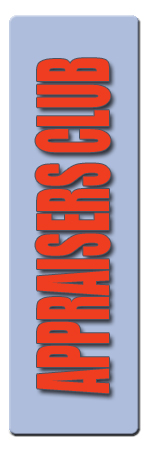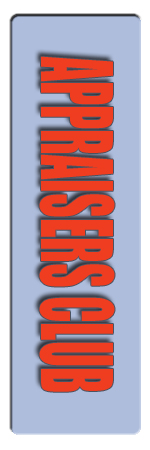Appraisal Institute Requests Appraisal Standards Board to Rework Q&As

The Appraisal Institute in an April 13 letter to the Appraisal Standards Board formally requested changes to or the retraction of Q&A 2018-12, Employing an Extraordinary Assumption when a Client Provides Inspection Data andQ&A 2018-13, Appraisal Reporting — Certifications and Signatures.
The Q&A 2018-12 originally was released this past January but retracted by the ASB shortly thereafter to clarify information and interpretations. It was re-released March 29, the same day that Q&A 2018-13 was released.
The Appraisal Institute’s Professional Standards and Guidance Committee expressed concern that the Q&As may be amending Uniform Standards of Professional Appraisal Practice definitions and creating new requirements rather than interpreting USPAP itself. This situation could potentially expose appraisers and others to unnecessary liability.
In its letter, the Appraisal Institute called attention to an item in Q&A 2018-12 regarding the use of extraordinary assumptions with client-provided data. The question reads:
A client has asked me to perform an appraisal, but instead of requiring me to physically inspect the subject property, they will provide me with the results of an inspection done by someone else. If I rely upon that inspection, should I employ an extraordinary assumption?
The ASB answer reads, in part:
If the appraiser determines that the information contained in the inspection report is reliable and sufficient to allow the appraiser to identify the property characteristics and develop credible assignment results, then an extraordinary assumption would not be necessary.
This answer is based on the comment to SR 1-2(e) but neglects the definition of extraordinary assumption. The Appraisal Institute believes that if an appraiser prepares an appraisal without personally inspecting the property, but instead obtains information about relevant property characteristics from another source, the appraiser does not know that information is accurate, even if the appraiser has a reasonable basis for believing that its source is reliable.
“Having a reasonable basis for believing the information does not remove all of the appraiser’s uncertainty about the information,” said 2018 Appraisal Institute President Jim Murrett, MAI, SRA.
Another item in which the Appraisal Institute expressed concern is included in Q&A 2018-13. The question reads:
I am using an appraisal form that has an appraiser’s certification which cannot be altered. The certification does not include USPAP’s required disclosure on whether I performed any services on the property in the three years prior to the assignment. May I simply add such a statement elsewhere in the report, outside of the certification?
The ASB answer reads, in part:
No. Simply adding information in the body of a report is not the same as a signed certification. Any supplemental certification should be clearly identified, and it must be signed as required by Standards Rule 2-3 …”
The Appraisal Institute believes this advice is antiquated and out-of-step with appraisal practice and long-standing USPAP principles about not dictating the form, format or style of an appraisal report. Perhaps most concerning to AI is the apparent inclusion of additionalrequirements in this advice rather than in USPAP itself.
“For the benefit of practicing appraisers, and in the best interest of public trust, we ask that the ASB reconsider, rewrite and reissue, or issue a retraction of these Q&As,” Murrett said.
Read the letter to the Appraisal Standards Board.








